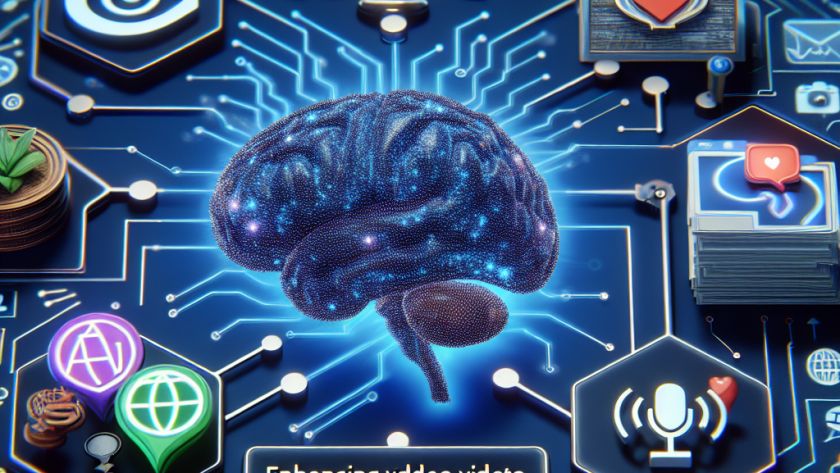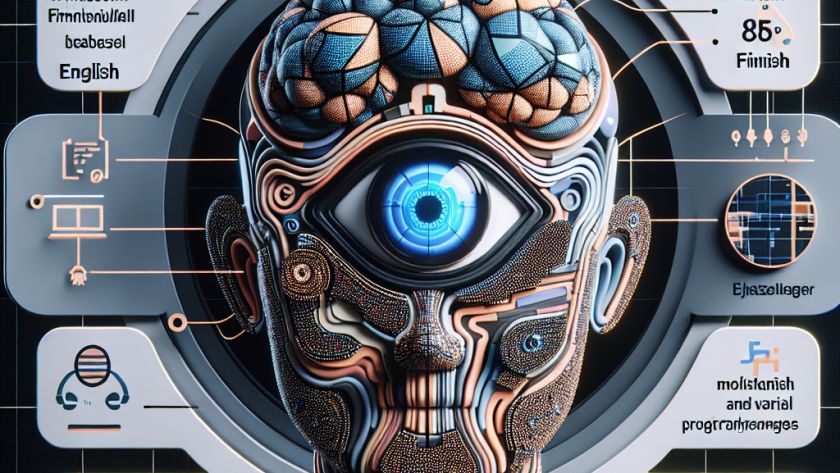Alibaba's AI research division continues to establish a strong presence in the field of large language models (LLMs) with its new Qwen1.5-32B model, which features 32 billion parameters and an impressive 32k token context size. This latest addition to the Qwen series epitomizes Alibaba's commitment to high-performance computing balanced with resource efficiency.
The Qwen1.5-32B has superseded…












